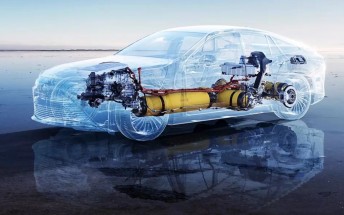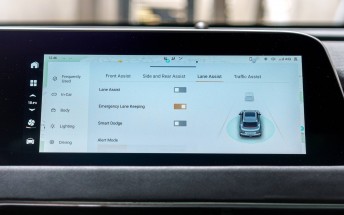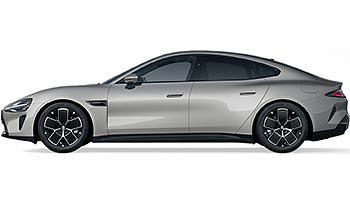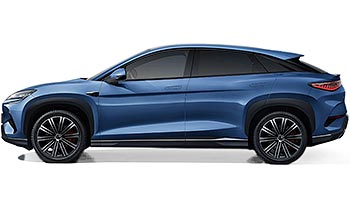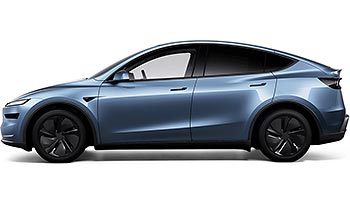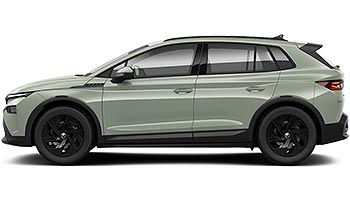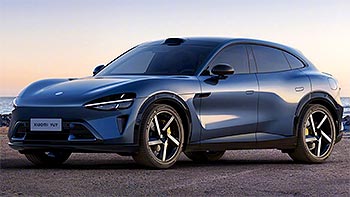Congress pumps brakes on US electric car momentum with policy overhaul

The US Congress is about to change the EV landscape, potentially slowing down the electric car adoption and shaking up the nation's clean energy goals. Two major decisions – one in the House of Representatives and another in the Senate – have sent ripples through the automotive world.
In a bid to enact widespread tax cuts and reduce federal spending, the US House of Representatives passed a bill that takes direct aim at the Inflation Reduction Act's clean energy provisions. For electric car buyers, this means the disappearance of the popular $7,500 federal tax credit for new EVs. The bill will also eliminate the $4,000 credit for used electric cars and plug-in hybrids, as well as tax incentives for installing home charging stations.
There is a small exception noted for the new EV credit: it might stick around until the end of 2026 for carmakers who haven't yet sold 200,000 EVs. The proposed legislation also introduces a new "Car Tax," requiring EV owners to pay an annual fee of $250 and hybrid owners $100, making purchasing and owning an electric car a more expensive proposition for many Americans.

After the House of Representatives voted, the US Senate overturned a long-standing waiver that has allowed California to set its own vehicle emissions standards. This waiver has been a powerful force in shaping the US auto market, with over a dozen other states choosing to follow California's lead. If the Senate's decision stands, it will destroy this state-led initiative, with a less aggressive push toward electric cars nationwide as a result.
As expected, the votes have sparked quite a range of reactions. Some automakers and dealer associations have expressed support for a single, national emissions standard, arguing it simplifies compliance and that California's mandates were overly ambitious given the current charging infrastructure.
However, clean energy and EV proponents are sounding the alarm. Leaders like Ben Prochazka of the Electrification Coalition and Albert Gore III of the Zero-Emission Transportation Association (ZETA) have warned that these policy changes could cripple the US EV industry. They argue that removing these supports undermines American efforts to build a secure supply chain for critical minerals and batteries, potentially ceding leadership in the rapidly growing electric car and clean energy sector to countries like China.

The House bill passed by a razor-thin margin of 215-214. Some representatives from districts with substantial EV-related investments ultimately voted in favor of the bill, aligning with party lines despite potential local economic impacts. Representative Buddy Carter of Georgia, whose district includes Hyundai's new electric car "Metaplant," supported the bill, framing it as a move to enact a "once-in-a-generation bill."
Despite the policy headwinds, electric car sales in the US reached a record 1.3 million in 2024, according to Cox Automotive. The removal of incentives and the weakening of emissions targets are expected to temper this growth. The International Energy Agency (IEA) had previously projected that EVs and plug-in hybrids could make up 55% of new car sales in 2030. A more recent report now anticipates this figure to be closer to 20% if the new policy changes take hold.
Related
Reader comments
Nothing yet. Be the first to comment.








